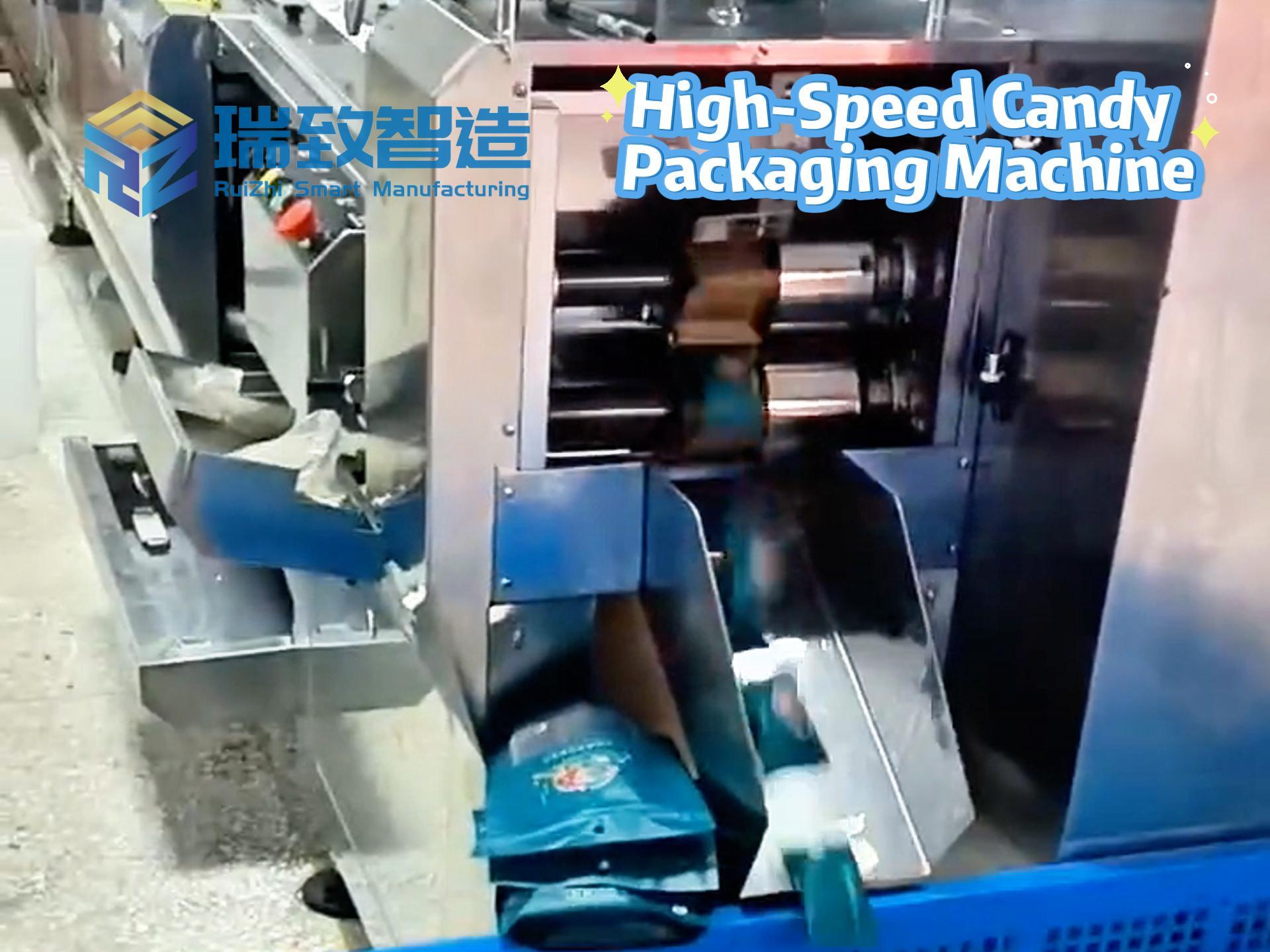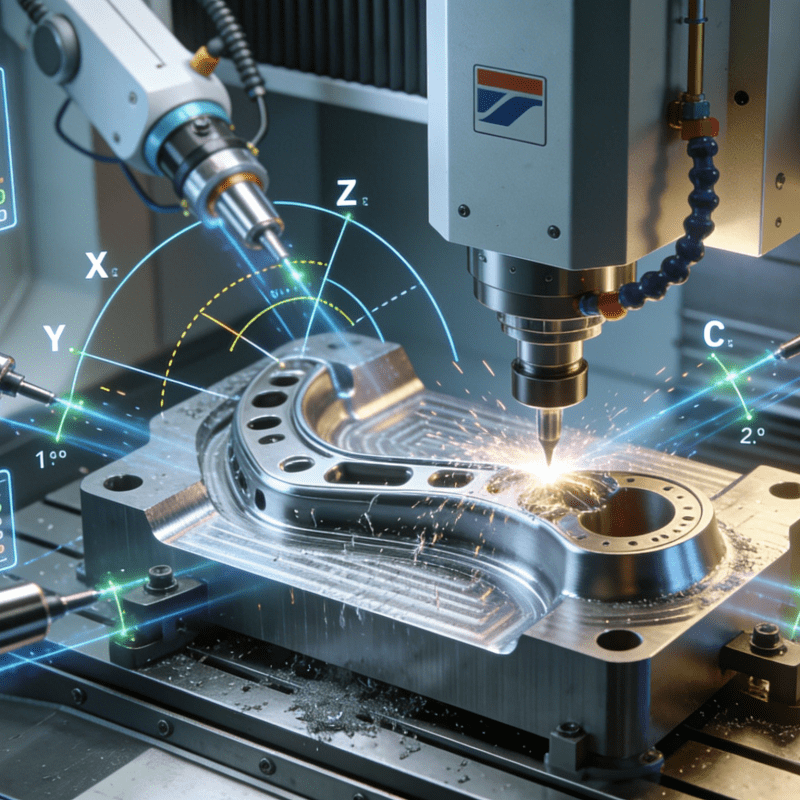Table of Contents
ToggleSmart Selling in the Era of Intelligent Automation: How Data and AI Are Reshaping Manufacturing Salesd

In an era dominated by intelligent automation and industrial automation, manufacturing sales is undergoing a profound transformation. While traditional sales strategies have long relied on experience, relationships, and intuition, today’s tech-driven landscape demands a more data-centric approach. Forward-thinking manufacturers are increasingly turning to business intelligence (BI) and artificial intelligence (AI) to not only streamline operations but also to create predictive, customer-centric sales strategies. By integrating these tools with automation equipment and advanced analytics, companies can elevate their sales processes from reactive to proactive, ensuring they stay ahead in a competitive market.
Laying the Foundation with BI: Data as the New Sales Strategy
Data is the cornerstone of modern sales excellence, but its true value lies in actionable insights. Business intelligence (BI) serves as the bridge between raw data and strategic decision-making, enabling manufacturers to decode customer behavior, market trends, and profitability drivers. For instance:
- Profitability Optimization: BI uncovers patterns in pricing, order frequency, and customer spending, helping sales teams tailor strategies to maximize margins. For example, analyzing historical data might reveal that certain products yield higher profits when bundled with specific automation equipment, guiding cross-selling efforts.
- Customer Valuation: By identifying high-value accounts, sales teams can prioritize efforts where they matter most. BI tools can segment customers based on lifetime value (LTV), flagging accounts at risk of churn or ripe for upselling.
- Retention Strategies: Tracking engagement metrics through BI allows teams to spot early signs of customer dissatisfaction. For instance, a decline in order volume from a long-time client might prompt a proactive outreach strategy, supported by insights into their historical preferences and operational needs.
Before diving into AI, manufacturers must first build a robust data foundation. This involves aggregating data from CRM systems, ERP software, and customer interactions into a unified view. BI tools simplify this process, transforming siloed data into holistic dashboards that highlight trends—from regional sales performance to the impact of industrial automation adoption on customer preferences. This clarity ensures that when AI enters the equation, it operates on reliable, context-rich data.
Accelerating Sales with AI: From Insights to Autonomous Action
While BI provides the “what,” AI delivers the “how.” By automating tasks, predicting outcomes, and even interacting with customers, AI enhances sales efficiency and precision. Consider these applications:
- AI-Powered Customer Engagement: Virtual sales agents, driven by generative AI, can handle routine inquiries, process orders, and resolve basic issues in real time. For example, a manufacturer’s website might use an AI chatbot to assist customers in selecting the right automation equipmentfor their needs, providing instant quotes and troubleshooting guides.
- Personalized Recommendations: AI analyzes customer behavior to deliver tailored offers. A client who recently purchased a CNC machine, for instance, might receive targeted recommendations for compatible tooling or maintenance plans, boosting cross-selling opportunities.
- Sales Coaching and Prioritization: Real-time AI insights can guide sales reps in high-stakes negotiations. Imagine an AI tool flagging a pricing threshold based on historical deal data or suggesting talking points to address a client’s specific pain points related to intelligent automation.
The results are tangible: Salesforce reports that sales teams using AI are 1.3 times more likely to see revenue growth, while 60% of professionals believe generative AI enhances customer service. For manufacturers, this translates to faster lead conversion, improved forecast accuracy, and reduced manual effort in repetitive tasks like data entry or follow-up emails.
AI and the Human Touch: A Symbiotic Partnership
A common misconception is that AI will replace human sales teams. In reality, it augments their capabilities. While AI excels at processing data and automating workflows, the human element remains irreplaceable in building trust, navigating complex negotiations, and understanding nuanced customer needs. For example:
- Strategic Problem-Solving: When a client hesitates to invest in new automation equipment, a sales rep can leverage AI-generated insights (e.g., ROI projections, case studies) to craft a persuasive, personalized pitch—combining data with relationship-building.
- Churn Prevention: AI might alert a team to a customer’s declining engagement, but it takes a human touch to delve into the root cause (e.g., a competitor’s offering, operational challenges) and devise a retention strategy.
The future of sales lies in this partnership: AI handles the “heavy lifting” of data analysis and task automation, while humans focus on high-value interactions that drive loyalty and innovation.
Building the Future: A Roadmap for Integration
Adopting BI and AI doesn’t require a radical overhaul. Manufacturers can follow a phased approach:
- Data Foundation: Use BI to clean, integrate, and visualize data. Start with key use cases like sales performance tracking or customer segmentation.
- AI Pilot Projects: Introduce AI in low-risk areas, such as lead scoring or chatbot deployment, to demonstrate value and build internal buy-in.
- Scalable Automation: Expand AI applications to pricing optimization, demand forecasting, and predictive maintenance—areas where industrial automationand intelligent automation intersect to drive efficiency.
- Continuous Evolution: Regularly update models to reflect market shifts, such as emerging trends in automation equipmentor changes in customer preferences for sustainable manufacturing solutions.
Conclusion: The Dawn of AI-Driven Sales Excellence
In the age of intelligent automation, the manufacturing sales landscape is no longer defined by gut instinct alone. BI and AI have emerged as indispensable tools for transforming data into strategy, enabling sales teams to anticipate customer needs, optimize operations, and foster long-term loyalty. While technology evolves, the human role in sales remains pivotal—now enhanced by insights that turn every interaction into an opportunity for growth.
For manufacturers, the message is clear: Embrace the synergy of BI, AI, and human expertise, and you’ll not only survive the era of industrial automation but thrive in it. The future of smart selling is here—and it’s powered by data, amplified by AI, and driven by the enduring power of human connection.




















